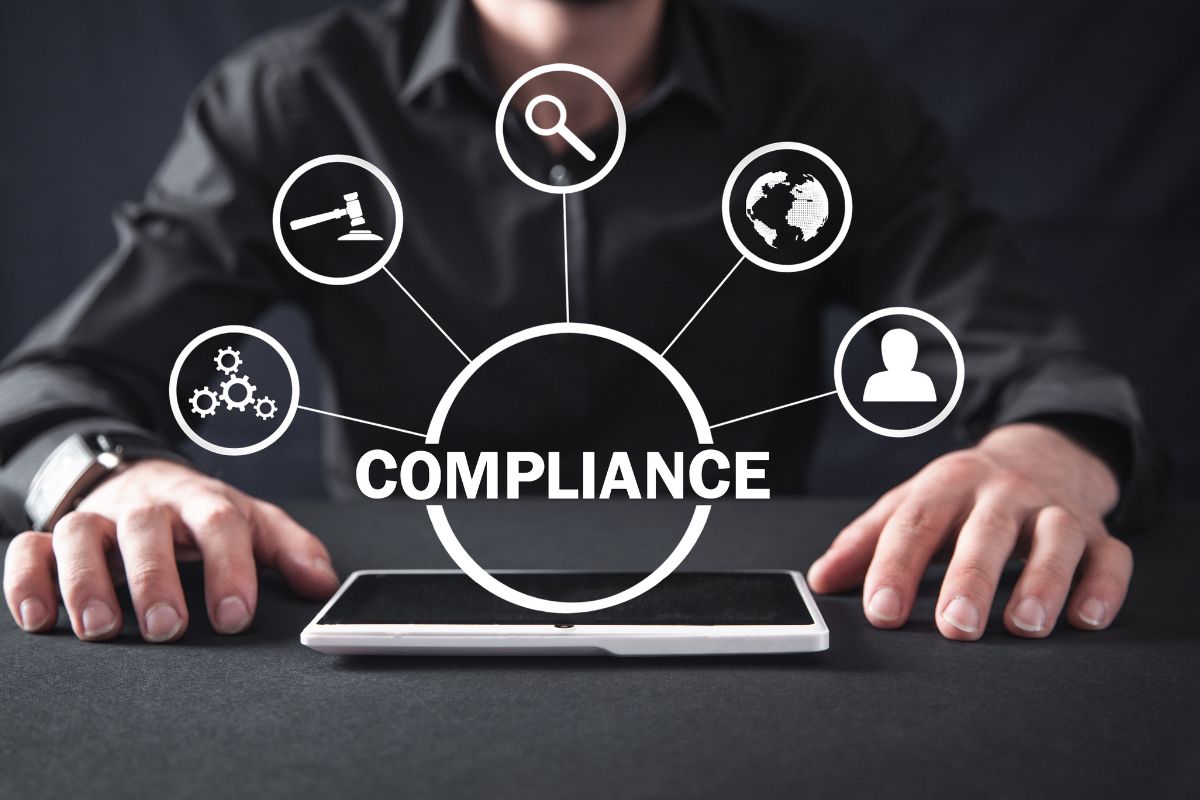Avoid Legal pitfalls property managers compliance in property is not just a regulatory requirement—it’s a fundamental aspect of protecting your investment and keep your maintenance good tenant relationships. Failing to comply with local, state, or federal housing regulations can result in hefty fines, lawsuits, and reputational damage. While self-managing landlords may inadvertently overlook critical compliance measures, on the other hand, property are not only well-versed in legal requirements but also fully equipped to handle them effectively and efficiently.
The High Stakes of Maintenance Compliance
Every landlord has a legal obligation to ensure their property meets habitability standards. Common legal requirements include:
- Safe Living Conditions:
- Functional heating, plumbing, and electrical systems.
- Structurally sound buildings without hazards, such as mold or pests.
- Regular Inspections:
- Local ordinances may require annual safety inspections, such as fire alarm or sprinkler system checks.
- Prompt Repairs:
- Landlords are typically required to address critical maintenance issues, like leaks or broken heating systems, within a specified timeframe. Failure to do so can lead to tenant complaints or legal action.
- Accessibility Standards:
- Properties must comply with the Americans with Disabilities Act (ADA), ensuring accessibility features are properly installed and maintained.
The Costs of Non-Compliance
Non-compliance with maintenance regulations can result in:
- Fines and Penalties:
- Housing code violations can lead to fines ranging from $500 to $5,000 per incident. Repeat offenses may escalate penalties.
- Tenant Legal Action:
- Tenants can file lawsuits for neglect, often claiming damages for property damage, health issues, or emotional distress. Legal fees and settlements can cost $10,000 or more.
- Eviction Delays:
- A landlord’s failure to meet compliance standards may delay or invalidate eviction proceedings, prolonging tenant disputes.
- Reputation Damage:
- Negative tenant reviews or publicized legal issues can deter future tenants and lower property desirability.
Challenges of Self-Managing Compliance
Self-managing landlords often face the following obstacles in maintaining compliance:
- Lack of Expertise:
- Understanding complex housing laws requires time and expertise, which many landlords may lack.
- Inconsistent Record-Keeping:
- Proper documentation of inspections, repairs, and tenant communications is crucial for legal protection but can be difficult to manage manually.
- Delayed Repairs:
- Busy landlords may inadvertently delay critical repairs, leading to legal complaints.
- Keeping Up with Changing Regulations:
- Housing laws frequently change, and staying updated requires ongoing effort.
How Property Managers Ensure Compliance
Property specialize in navigating the legal complexities of maintenance. Here’s how they keep your property compliant:
- Routine Inspections:
- Managers conduct regular property inspections to identify and address issues proactively, ensuring compliance with local ordinances and safety standards.
- Timely Repairs:
- Maintenance requests are prioritized based on urgency, with critical issues resolved promptly to meet legal deadlines.
- Legal Expertise:
- Property managers stay updated on housing laws and regulations, ensuring your property adheres to current standards.
- Comprehensive Record-Keeping:
- Managers maintain detailed records of inspections, repairs, and tenant communications, providing a robust defense in case of legal disputes.
- Vendor Relationships:
- Property managers work with licensed and insured contractors, ensuring all repairs and upgrades meet regulatory standards.
Cost Comparison: DIY vs. Hiring a Property Manager
| Compliance Task | DIY Cost (Average) | With Property Manager (Average) |
|---|---|---|
| Annual Safety Inspections | $500–1,000 | $400–800 |
| Emergency Repairs | $2,000–5,000 | $1,500–4,000 |
| Legal Consultations | $200–500/hour | Included in management fee |
By hiring a property manager, landlords can reduce the risk of non-compliance while also saving on repair costs and legal fees.
Protecting Against Legal Risks
- Proactive Maintenance:
- Regular upkeep prevents issues like mold, leaks, or pest infestations, which are common causes of tenant complaints and legal disputes.
- Tenant Communication:
- Property managers handle tenant concerns professionally, reducing misunderstandings that can escalate into legal battles.
- Eviction Compliance:
- Managers ensure eviction notices and procedures adhere to legal requirements, protecting landlords from claims of wrongful eviction.
Also read Comparing Rental Markets: How Property Managers Leverage Regional Trends
Case Study: Avoiding Legal Pitfalls with a Property Manager
A landlord managing a multi-unit property faced multiple tenant complaints about heating system failures during winter. Without a property manager:
- Outcome: The landlord’s delays in addressing repairs resulted in fines totaling $3,000 and a lawsuit for $10,000 in damages.
With a property manager:
- Outcome: The manager identified the issue during a routine inspection, coordinated repairs within 48 hours, and maintained detailed records to resolve tenant complaints amicably. No legal action occurred, saving the landlord significant expenses and stress.
The ROI of Compliance with a Property Manager
Hiring a property manager provides landlords with:
- Legal Protection: Expertise in compliance reduces the risk of fines and lawsuits.
- Cost Savings: Timely repairs and vendor discounts lower maintenance expenses.
- Peace of Mind: Confidence that your property meets all legal standards.
Conclusion: The Importance of Professional Compliance Management
Avoid Legal Pitfalls Property Managers maintenance compliance is a critical responsibility for landlords, but navigating the legal landscape can be challenging. Self-managing landlords face significant risks, including fines, lawsuits, and reputational damage, when compliance standards are not met.
Property managers offer a comprehensive solution by ensuring proactive maintenance, timely repairs, and adherence to all legal requirements. With their expertise and resources, property managers protect landlords from legal pitfalls, enhance tenant satisfaction, and safeguard the long-term value of their investments.
For landlords seeking a stress-free approach to maintenance compliance, hiring a property manager is not just a smart decision—it’s an essential investment in the success and sustainability of their rental properties.


